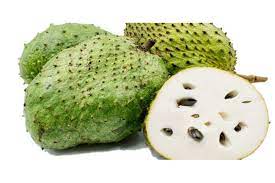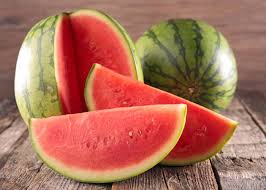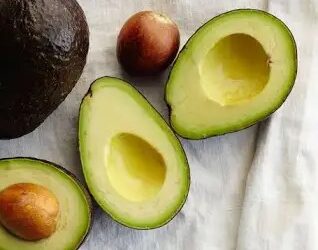Understanding the Link between Salt and Your Health is essential as far as healthy living is concerned. Salt is a mineral composed primarily of sodium chloride and is essential for various bodily functions, such as regulating blood pressure, maintaining fluid balance, and transmitting nerve impulses. Salt is a vital mineral that is essential for human health. It is widely used in cooking and food preservation, and is a common ingredient in many processed foods. However, excessive intake has been associated with several health problems, including high blood pressure, heart disease, stroke, and kidney disease. As a diet specialist, it is important to understand the relationship between salt and your health and how to maintain a healthy balance.
Salt is an essential mineral that helps to maintain a healthy balance of fluids in your body, regulate blood pressure, and support nerve and muscle function. However, most people consume too much salt, which can increase the risk of high blood pressure, heart disease, stroke, and other health problems.
The World Health Organization recommends consuming less than 5 grams of salt per day, which is equivalent to about one teaspoon. However, most people consume much more salt than this, mainly from processed and packaged foods.
High sodium intake can lead to hypertension, or high blood pressure, which is a major risk factor for heart disease, stroke, and other health problems. Salt consumption can also lead to fluid retention, which can put a strain on the heart and lead to heart failure.
Reducing your salt intake can have a significant impact on your health.
Here are some tips to help you reduce your salt intake:
- Read food labels. Many processed foods, including canned soups, sauces, and snacks, contain high levels of sodium. Look for products that are labeled “low sodium” or “no added salt.”
- Use herbs and spices instead of salt to flavor your food. Fresh herbs, such as basil, thyme, and rosemary, and spices, such as cumin and turmeric, can add flavor to your meals without adding salt.
- Avoid adding salt to your food at the table. Instead, try using pepper, vinegar, or lemon juice to enhance the flavor of your food.
- Choose fresh, whole foods. Fruits, vegetables, whole grains, and lean protein sources are naturally low in sodium and are an important part of a healthy diet.
In conclusion, salt is an essential mineral that is important for your health, but consuming too much salt can have negative effects on your health. As a diet specialist, it is important to educate your clients about the importance of maintaining a healthy balance of salt in their diet and to provide them with practical tips to reduce their salt intake. By making simple changes to their diet, they can improve their health and reduce their risk of developing chronic diseases.































